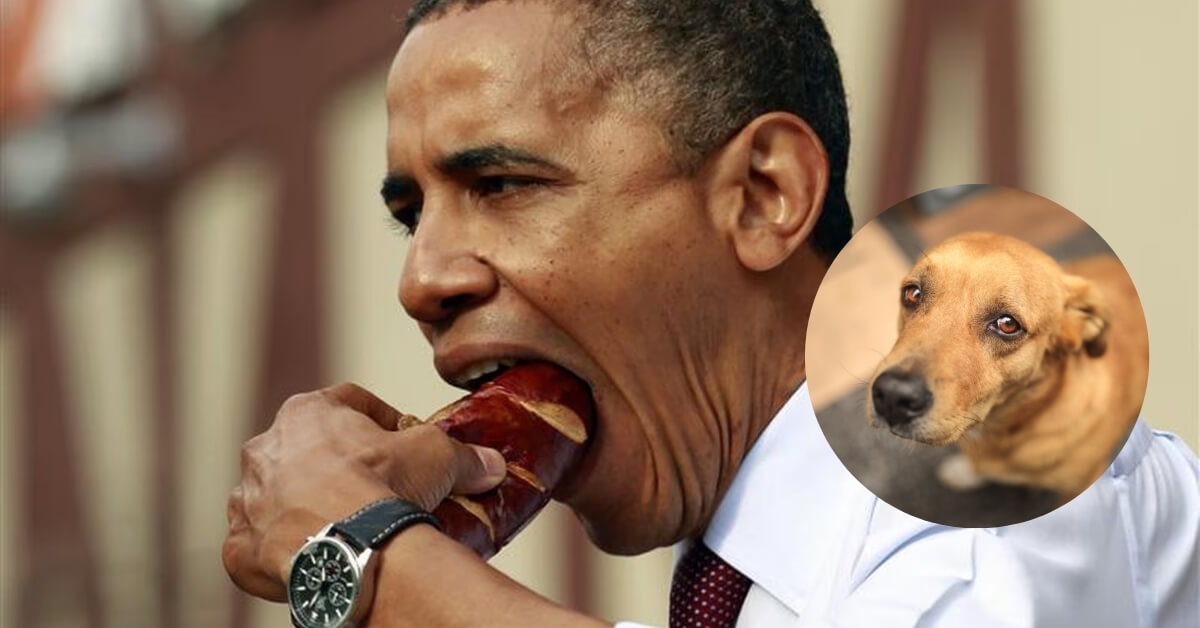A presidential campaign is a make-it-or-break-it battleground. All cards are on the deck, and nothing is off-limits. Even then, the 2012 presidential elections brought light to things we never wanted to know.
Mr. Romney dug out a fact about President Obama’s past, questioning whether the President indulged in dog meat. The question seems outlandish, almost too bizarre to consider, yet it has gnawed its way into political debates and social media spats alike.
Before you jump to conclusions or let your imagination run wild with images of state dinners gone awry, let’s chew over the facts and separate the meaty truths from the bare bones of hearsay.
This isn’t just another tale cooked up in the political rumor mill; it’s a story that takes us on a journey from the bustling streets of Jakarta to the polished corridors of the White House. Amidst a smorgasbord of political banter and cultural misunderstandings, this anecdote serves as a reminder of the diverse tapestry of human experiences. So, did the 44th President of the United States really sit down to a meal that would make most pet lovers’ fur stand on end?
Yes, Barack Obama did eat dog meat as a child while living in Indonesia. It was a part of his childhood diet, introduced by his stepfather. As a little kid, he was unaware of what he was served. But the opposition milked this anecdote to use it against Mr. Obama. Still, as history has proven, people chose him as the President.
A Taste of Childhood: A Dogma Of Obama’s Dog Meat Dish
The controversy stems from an excerpt in Obama’s memoir, “Dreams From My Father,” where he candidly recounts his childhood experiences in Indonesia. Between the ages of six and nine, Obama lived with his mother and Indonesian stepfather, Lolo Soetoro.
It was during this time that he was introduced to a variety of local delicacies, including dog meat. Obama describes these culinary adventures with the reflective insight of an adult looking back on his formative years, not with the glee of controversy.
“With Lolo, I learned how to eat small green chili peppers raw with dinner (plenty of rice), and, away from the dinner table, I was introduced to dog meat (tough),” he writes.
The disclosure was not meant to shock or titillate; rather, it was a straightforward recounting of a childhood experience in a culture vastly different from that of the United States.
Eating dogs is, indeed, part of the culinary traditions in certain parts of the world, including Indonesia. Obama’s narrative does not celebrate this fact but presents it as a facet of his diverse upbringing.
This snippet from Obama’s life has been seized upon by political adversaries seeking to stir the pot of controversy. Yet, it raises important questions about cultural relativism and the experiences that shape us.
Obama’s candidness offers a glimpse into the complexity of cultural identity and the myriad influences that mold a future leader.
But let’s put the political bickering aside for a moment. When we peel back the layers of this story, what do we find? –A young boy living in a foreign land, embracing the customs and traditions of his stepfather’s homeland. It’s a reminder that our leaders are not born but made, shaped by a patchwork of experiences that transcend borders and beliefs.
This isn’t the first time President Obama was subjected to unsubstantiated criticism just to take down his administration. Remember the time when he wore a tan suit? The entire right wing went into attack mode on President Obama for wearing a tan suit.
The dog meat controversy was blown out of context, and if we all dug out our childhood, we could be sitting at home unemployed.
As you digest this tale of culinary curiosity, consider the broader implications. What does it say about our capacity for understanding and empathy? How do our own childhood experiences color our perceptions of what is “normal” or “acceptable”?
In the grand banquet of political discourse, are we too quick to judge the menu without understanding the chef’s intentions?

